As adults, most of us remember a certain, somewhat idyllic, kind of childhood play where we spent most of our time outside. We had little supervision, so we got really dirty playing our own made-up games. But play today is not the same. Instead, many children, if not most, do not spend hours outside building forts, designing their own games, or running around wildly. Instead, the play children do get is frequently adult directed and carefully controlled. But, reminiscing about long-ago play is not just meaningless nostalgia. Children need old-fashioned play. It is essential for healthy growth and development.
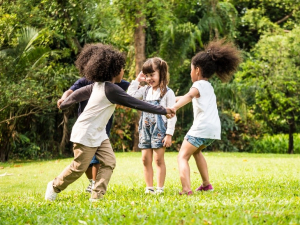
Skill-Based Play
All mammals play to learn important life skills. They learn leadership, cooperation, and risk assessment. They learn how to socialize, collaborate, and read body language. Also, they learn assertiveness, boundary setting, sharing, restraint, and so on. These are all skills that will play a big part in their lives as they grow up, so play is serious business. Scientists have removed play from animals and found that they are unable to survive in the predator-eats-prey world.
When humans engage in self-directed, unstructured play, we learn the same skills animals learn. And, as humans, we have far bigger and more advanced brains, so we actually need more play. Yet, humans get far less play, and today’s children are getting even less play than we did in our childhoods.

Think about what it looks and sounds like when children are in unstructured play. The first thing you might notice is the sound. It is usually joyous and loud. Evolution and biology designed us to enjoy this kind of big body, physical play. Big body play helps children develop key physical strengths and skills. It also helps children build social skills. Consider this: one child initiates a play idea, maybe a new idea or the continuation of a previous game. Another friend may join and suggest a modification, sending the play in a new direction. Over and over, new ideas and alternatives surface as the play evolves. Inevitably, conflict will arise and possibly one player will become aggressive. When this happens, the other player may pull back, giving signs of displeasure with this sort of play. Or a player may have his/her idea dismissed and take exception, or there may not be enough equipment or material to continue the play as planned. Whatever the challenge, the players have a choice: find a solution or the play will come to an end.
Power of Unstructured Play
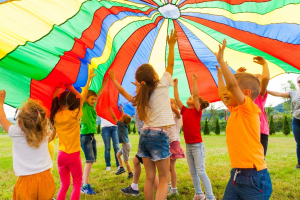 Children WANT the play to continue. When children play in a self-directed way, they take ownership of the play. They are in charge of the game, they make the rules, and they have a vested interest in continuing the game. Out of this fundamental ownership grows a wealth of learning and development.
Children WANT the play to continue. When children play in a self-directed way, they take ownership of the play. They are in charge of the game, they make the rules, and they have a vested interest in continuing the game. Out of this fundamental ownership grows a wealth of learning and development.
Just like mammals who are learning leadership, cooperation, risk assessment, socialization, collaboration, reading body language, assertiveness, boundary setting, sharing, and restraint in their play, children do the same. Different species, same skills.
Research Shows
Research shows the importance of play. For example, researchers Pellegrini and Blatchford(1) found the amount of time Kindergarten boys engage in active social play is a strong indicator of their problem-solving skills one year later. Why? Because play is all about problem solving. In play, children assess the size, speed, and strength of their play partners. They interpret their play partner’s verbal and non-verbal messages. They determine how to keep the play going. This in turn helps them navigate conflict, assist less skilled play partners, and determine when it is necessary to get help from an adult. All key problem-solving skills.
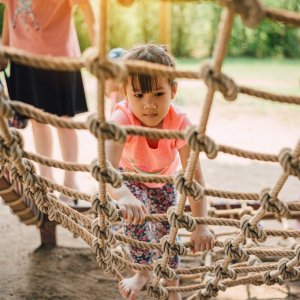 What parent doesn’t want their child to be a master of all of these play-based skills? These skills make us better people—from the classroom to the boardroom. These are not skills that can be learned from an app, a computer, at soccer practice, or doing math drills. These skills are only developed in the messy work of independent, unstructured, self-directed, communal play. We have had our turn at developing these skills in play, now it is time for adults to get out of the way and let the kids play.
What parent doesn’t want their child to be a master of all of these play-based skills? These skills make us better people—from the classroom to the boardroom. These are not skills that can be learned from an app, a computer, at soccer practice, or doing math drills. These skills are only developed in the messy work of independent, unstructured, self-directed, communal play. We have had our turn at developing these skills in play, now it is time for adults to get out of the way and let the kids play.
- Pellegrini & Blatchford. 2000 The child at school London: Arnold.

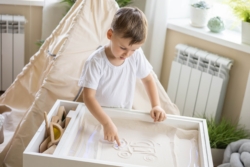


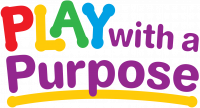

Leave A Comment